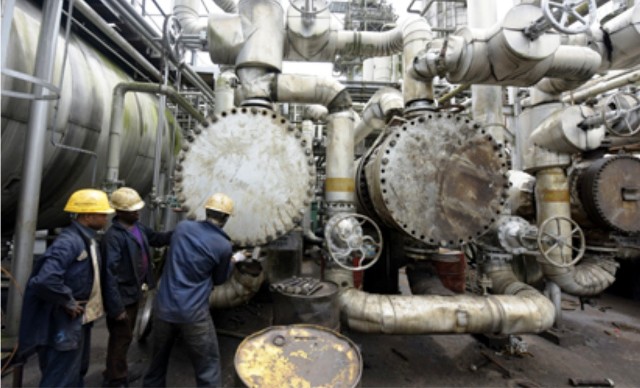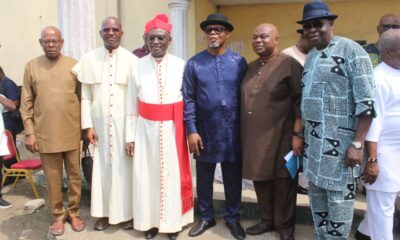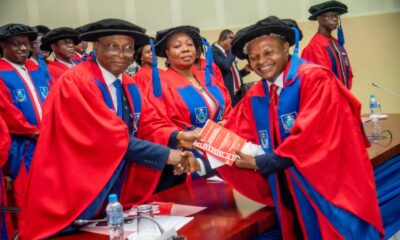Business
CBN Increases Forex Allocation To Banks, Assures Liquidity For Invisibles
The Central Bank of Nigeria (CBN) has concluded plans to increase the amount of foreign exchange allocated to banks to meet the requests of customers.
This is sequel to requests of travellers seeking foreign exchange for travel allowances, payment of tuition and medical fees, among other invisibles.
It follows a warning issued by the CBN Governor, Mr Godwin Emefiele, at a meeting with the Managing Directors of Deposit Money Banks (DMBs).
Emefiele had cautioned them to desist from denying customers, particularly travelers, the opportunity to purchase foreign exchange.
Sources close to the meeting held at the weekend, over the challenge faced by customers in accessing forex from their banks, said the CBN Governor warned that the CBN would take action against any bank that denied customers the opportunity to purchase foreign exchange for legitimate purposes.
The sources disclosed that the CBN management frowned at the seeming difficulty customers experienced in accessing foreign exchange through their respective banks.
According to the sources, CBN may release hotlines for aggrieved customers to report banks that fail to sell foreign exchange to them even after providing required documentation.
The Acting Director, Corporate Communications Department at the CBN, Osita Nwanisobi, on Sunday confirmed the discussions at the meeting of bank chiefs.
He said that the bank remained committed to ensuring liquidity in the foreign exchange market.
He said : “The CBN agreed to increase the amount allocated to banks for travelers, Small and Medium Enterprises among others.
“The banks also agreed to operate something akin to foreign exchange imprest account such that the coffers of banks would be replenished so long as they retire the initial amounts to the satisfaction of the CBN”.
Nwanisobi urged interested members of the public seeking to purchase foreign exchange for PTA, BTA, payment of tuition fees or medical fees to approach their respective banks for that purpose.
“We wish to assure members of the public that the CBN shall continue to monitor market developments and is committed to ensuring an efficient FX market for all legitimate users,” he said.
He advised customers to approach customer service representatives of their designated banks should they encounter challenges.
Nwanisobi urged them to forward their complaints to the Central Bank of Nigeria via the Bank’s toll-free line: 07002255226 or send an email to cpd@cbn.gov.ng if their requests are not met.
Business
IPMAN Wants Marketers To Patronize PH Refinery

Business
Customs To Facilitate Trade, Generate Revenue At Industrial Command






